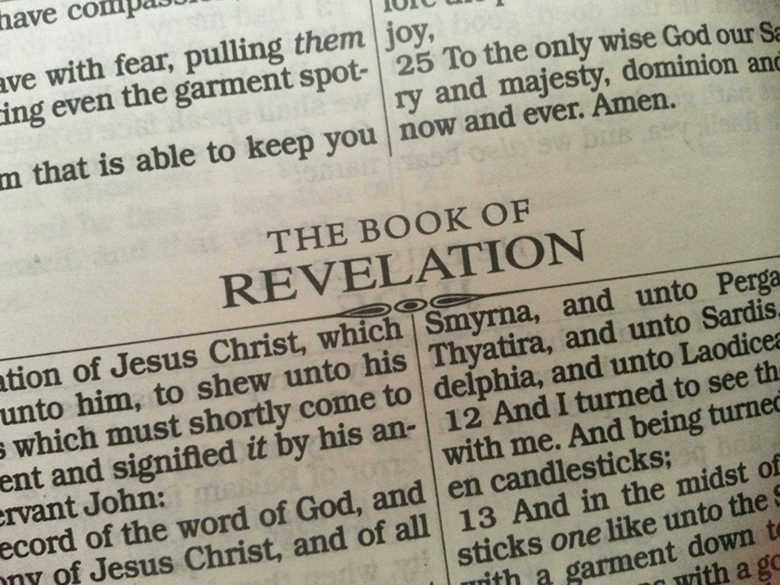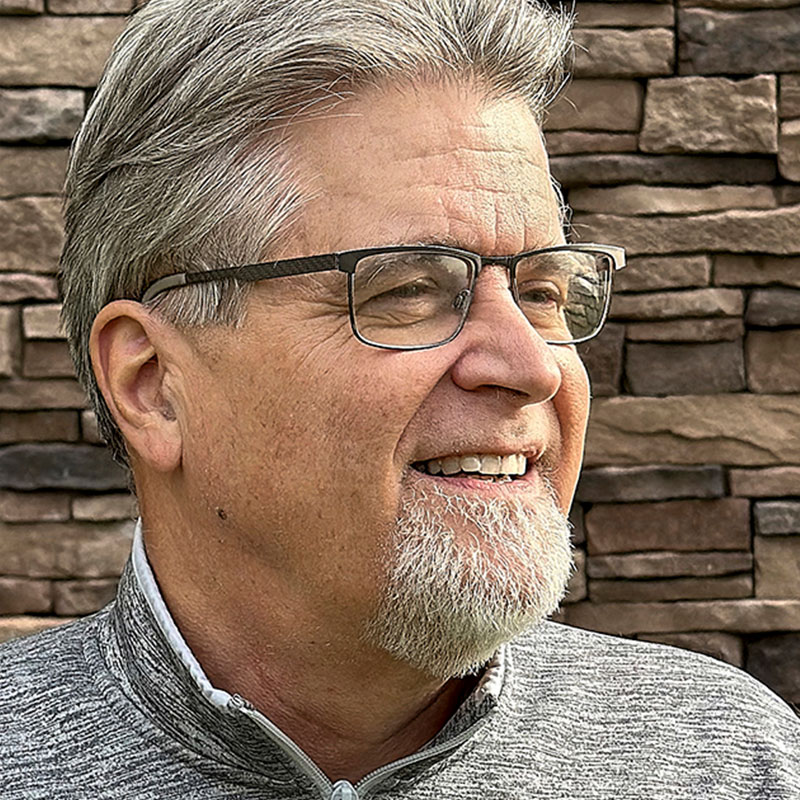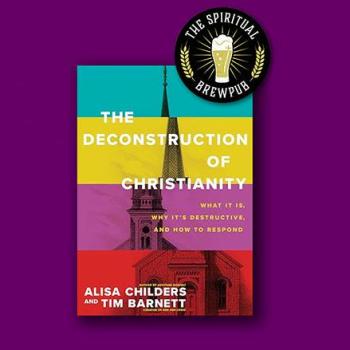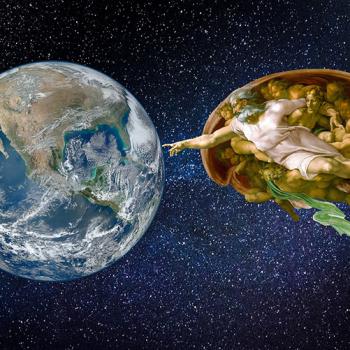
In an earlier post, I gave the historical reasons why Jesus and his early students did not believe in the inerrancy of the Bible. In this piece, let’s look at some more details about how the New Testament was compiled. This can open our eyes to a new paradigm on the Bible and help us not worship and abuse it by either putting it above Jesus’ love ethic or using it to bully people into a theological view or practice. The following paragraphs (not subtitles) are an excerpt from my book, Breaking Bad Faith.
*******
The Disputed New Testament Books and Local Canonicity
In my second book, Craft Brewed Jesus, and in my Religious Deconstruction Workshop, I go through how the New Testament was compiled. In other words, how did the Western Church decide on a definitive list (canon) of books recognized as authoritative? This wasn’t completed until the fourth century, 300 years after Jesus! Before it was canonized, there were a variety of sets of scriptures, or what some scholars call “local canonicity,” where different regions would have their own set of writings they deemed inspired or just preferred. Books like Revelation, Hebrews, James, Jude, 2 Peter, 2 John, and Paul’s letters of Titus and I and II Timothy were some of the common books disputed by “orthodox” Christian leaders and not found in many lists of scriptures before the fourth century. Revelation and the book of Jude were probably the most suspect and outright rejected likely by half of the communities. Although all four gospels, Matthew, Mark, Luke, and John, were generally acknowledged, they weren’t all preferred. Roman Christians resisted the gospel of John because gnostic heretics made use of it. Eastern Christians used John and didn’t necessarily use Matthew, Mark, and Luke (See Bernstein, Which Came First? The Church of the New Testament?)
Which of Paul’s Letters Are Authentic?
When we look back on Paul’s writings, we find not all of them found in today’s New Testament were universally accepted. Today, historians are in near universal agreement that the only authentic books attributed to Paul are I Thessalonians, Galatians, Philippians, Philemon, 1 and 2 Corinthians, and Romans. The pastoral epistles of Titus and the Timothies were probably not written by Paul but someone trying to relay his sentiments and were among the disputed or rejected texts. Historians are in dispute about whether Colossians, Ephesians, and 2 Thessalonians should be attributed to Paul (See Wills, What Paul Meant).
Books that Were Revered But Never Made It In
Then, there are many books that were never canonized into the New Testament that many orthodox leaders thought should have been considered holy scripture, i.e., the Shepherd of Hermas, the gospels of the Hebrews, the Egyptians, and Matthias, and the letters of I Clement, Barnabas, the Didache, a composite gospel called the Diatessaron, the Apocalypse of Peter, and the Wisdom of Solomon. (See Camp, Craft Brewed Jesus, 72-96 and Bernstein, Which Came First? The Church of the New Testament, 5–11). When we talk about the New Testament being authoritative and inspired writings to define our faith and practice, which New Testament is the right one?
The Early Jesus Movement Survived Hundreds of Years Without an Official New Testament
Moreover, bear in mind that most followers of the way of Jesus for hundreds of years did not have what we call the New Testament. In the beginning all they had was the oral tradition passed down by those who knew or were close to Jesus and his original followers. Later, they may or may not have had a handful of Paul’s letters (50s to 60s CE). Later still, they had maybe one or more of the four gospels (68 to 90s CE). Most likely, they eventually would have had one or more of the several books mentioned above that were never accepted into the New Testament. The movement survived 300 years without a New Testament or definitive list of scriptures. Finally, what today we call the Old and New Testaments had initially been decided in 363 CE at the Council of Laodicea (a group of men bishops and representatives). This council listed all the books we have today excluding the book of Revelation and the Apocrypha, the 14 books that were part of the Greek Septuagint (Old Testament) and accepted by the early Greek followers of Jesus. The Council of Carthage, which Augustine attended in 397 CE, had the same list but added the book of Revelation. It also made an exclusionary statement that these books should be read in the church to the exclusion of all others. This last council was generally accepted as authoritative in the West but not unanimously. It was also not entirely accepted in the East (See Bernstein, Which Came First? The Church of the New Testament?, 11).
*******
When we learn how the New Testament was compiled, we see that it wasn’t dropped on whole from heaven, it wasn’t unanimously accepted by all “orthodox” Christians, and there were always disputes about what should be considered sacred text and what shouldn’t. Maybe this means we should hold the Bible a lot less tightly. What held the first followers together in those early years? Wasn’t it the love ethic of Jesus as remembered in the oral tradition, not some compilation of texts? Wasn’t that love ethic and the way of victory over evil what mattered most? How does learning how the New Testament was compiled impact how we should view the Bible? Shouldn’t we use more discernment in what the New Testament is teaching us and how to use it?
*******
Michael Camp tends the Spiritual Brewpub, which helps disillusioned or post-evangelicals uncover historical facts and insights that help them deconstruct, rethink, and rebuild a more authentic faith or philosophy of life. He is the author of Breaking Bad Faith: Exposing Myth and Violence in Popular Theology to Recover the Path of Peace. To get specific help deconstructing conservative Christianity and rebuilding healthy faith, see Michael’s Religious Deconstruction Workshop. To hear fascinating interviews with leading voices in the deconstruction community, listen to the Spiritual Brewpub Podcast.


















